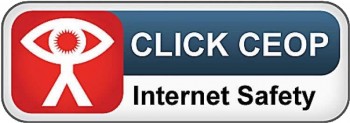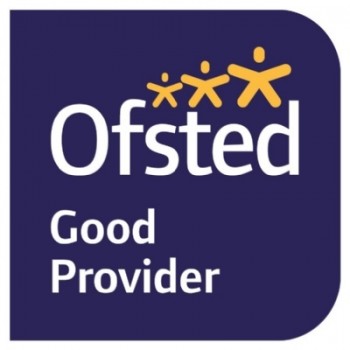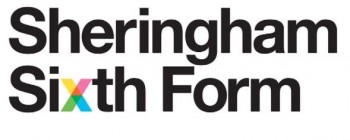Course content and structure
Drama and Theatre Arts provide a demanding, yet exciting option for students of all abilities. It explores dramatic presentation and communication and theatrical experiences in greater depth. Using a wide range of stimuli, students will have the opportunity to develop their appreciation and understanding of Drama form. They will also learn about the revolutionary developments in theatre practice today, including the study of the latest dramatic texts and contemporary practitioners.
Co-operation and determination to work independently and as part of a group are essential, as is a keen interest in Drama and Theatre. Particular emphasis is placed upon the exploration of ideas and themes through a range of techniques and by evaluation of presented work. Students are offered a number of opportunities, including public performances, taking part in workshops with professional practitioners and seeing a number of professional productions
Year 10
Students will consider issues such as:
- Different theatre styles, including physical theatre, naturalism and Docu-Drama.
- Working from a variety of source materials, including visual image, poetry and music.
- Examination of multi-cultural influences on Drama form. Issues arising from a variety of source material, linked to a theme. Recent themes have included “Homelessness” and “Consequences”. Part of this exploration involves looking at source material from other cultures.
- Study of at least two play texts from different eras.
- Examination of global issues, such as poverty, asylum seeking, and personal identity.
- In addition , the course will allow students;
- Access to at least two performance opportunities.
- Access to at least two theatre visits.
Year 11
Students will consider issues such as:
Different theatre styles, including an introduction to the theories of 20th Century practitioners, such as Stanislavski and Brecht.
Study, in depth, of one theatre text from a performance perspective. This study, plus an analytical study of a public performance, will form the basis for the Component 3 written exam: Interpreting Theatre
In addition students will:
- Work in small groups to produce a devised piece of theatre in response to stimulus set by the board to performance standard.
- Work in small groups to prepare extracts from published text to performance standard
- Have access to at least two public performances and theatre visits during the year.
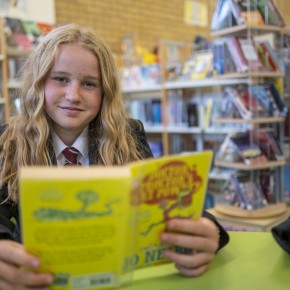
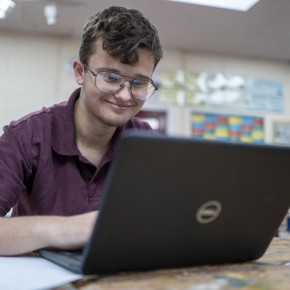
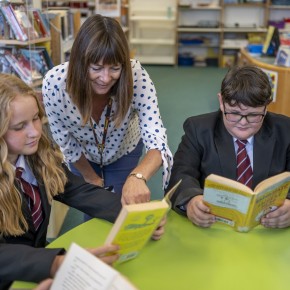
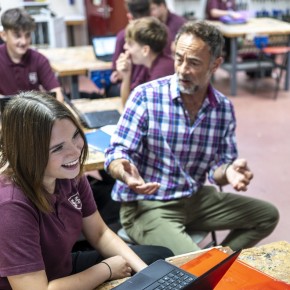
 At Sheringham High School, the Drama provision for KS3 is two one hour lessons per fortnight.
At Sheringham High School, the Drama provision for KS3 is two one hour lessons per fortnight.